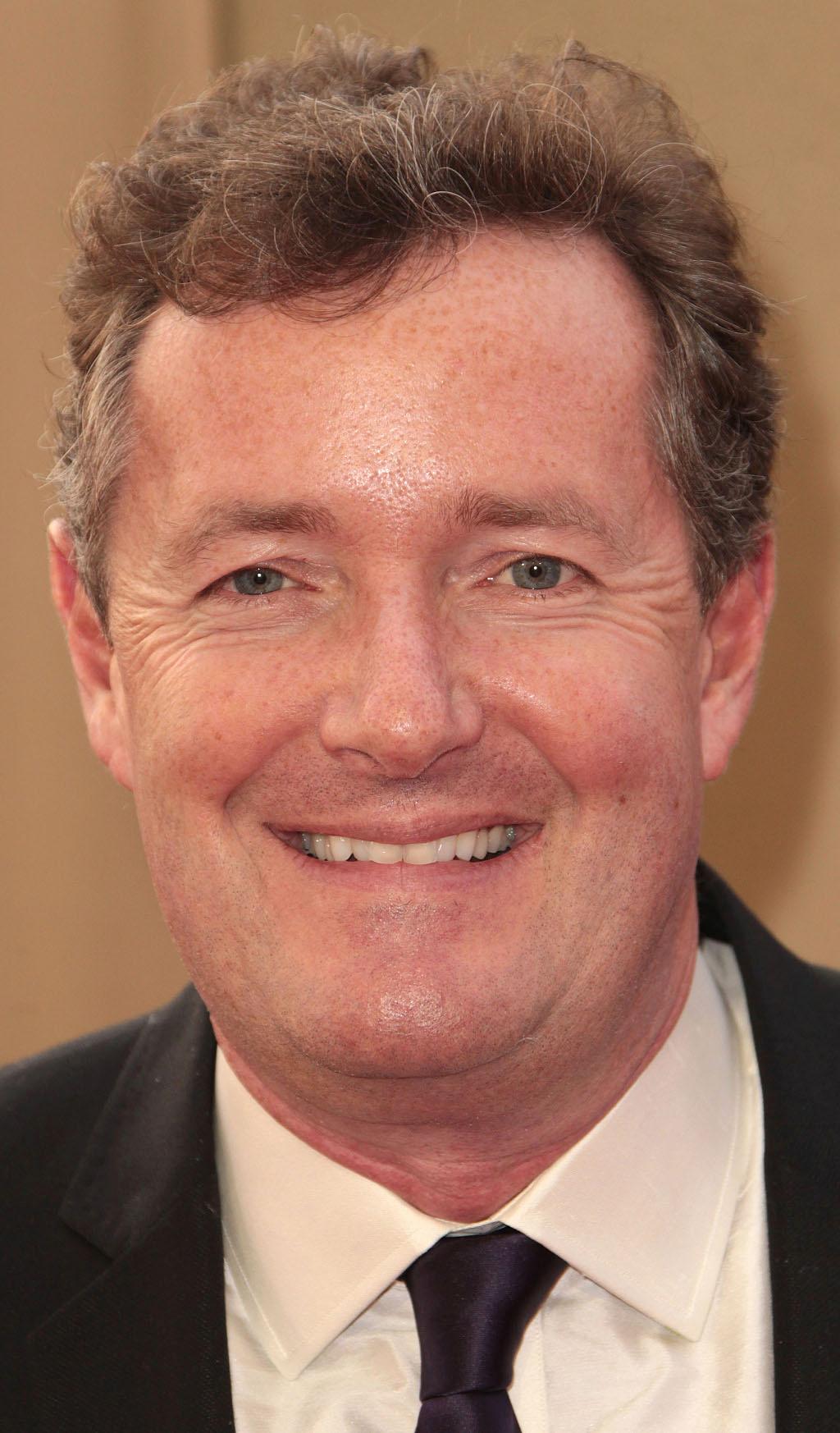Britain: CNN star gives evidence on phone-hacking
Piers Morgan, CNN star and former editor of the now defunct News of the World, the newspaper at the center of the British phone hacking scandal
Before he was an American TV personality (you need higher ratings to be a star), Piers Morgan was a British tabloid editor and quite a player in the London media scene. He was called to give testimony before the Leveson Inquiry, judicial panel, set up in the wake of last summer's phone hacking scandal to look into the workings of Britain's notorious tabloids. Morgan was summoned because he edited a number of papers that are the subject of testimony to the judicial proceedings.
Once a fair-haired boy of Rupert Murdoch, Morgan's CV is typical of many who get to the top of Britain's notorious red-top tabloids. Morgan was first noticed at Bizarre, the show biz column at Rupert Murdoch's The Sun. He moved on to editing Murdoch's News of the World at the tender age of 28. He then left to edit the rival Daily Mirror.
Morgan was fired from the Mirror in 2004 after publishing photos of Iraqi prisoners being abused by British soldiers which turned out to be fakes. But he was already under a cloud following allegations that he had bought shares in a company just in advance of the Daily Mirror running an article in the paper praising the company. The shares went up and he supposedly made a tidy profit. The editor was eventually cleared of charges based on the case.
He was also the one time business partner of Matthew Freud, Rupert Murdoch's son-in-law.
His years at the top of British tabloid journalism has earned him the nickname Piers Moron from satirical magazine Private Eye. A nickname from Private Eye is a form of celebrity here.
Morgan rode the show biz and celebrity rail to television appearances in America culminating in his elevation at CNN.
His testimony today was via video link from America and contained some very interesting nuggets about the way the tabloid press works.
The Guardian covered it extensively here and it absolutely worth a look. My favorite quote is not about Benji the Binman (the guy who digs through celebrity garbage and sells the information he finds to the tabloids) or the ethics of photoshopping a couple kissing out of two separate pictures (the late Princess Diana and Dodi Fayed). No, it is about the role of the editor in chief. "I would say the average editor is aware of about 5% of what his journalists are up to at any given time," Morgan told the inquiry.
I believe that will come as a surprise to Thomas Mucha, who edits GlobalPost.
As for Morgan, it seems a remarkable journey from relying on Benji the Binman for background on celebrities to relying on CNN's producers and researchers.
We want to hear your feedback so we can keep improving our website, theworld.org. Please fill out this quick survey and let us know your thoughts (your answers will be anonymous). Thanks for your time!
